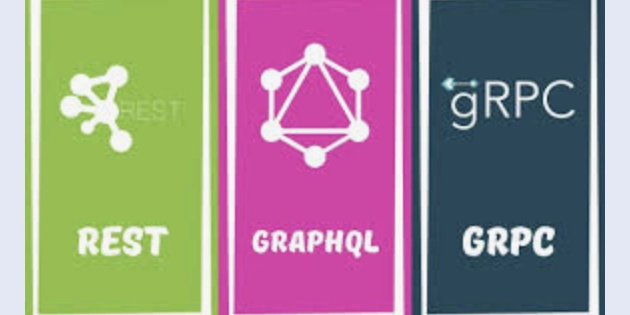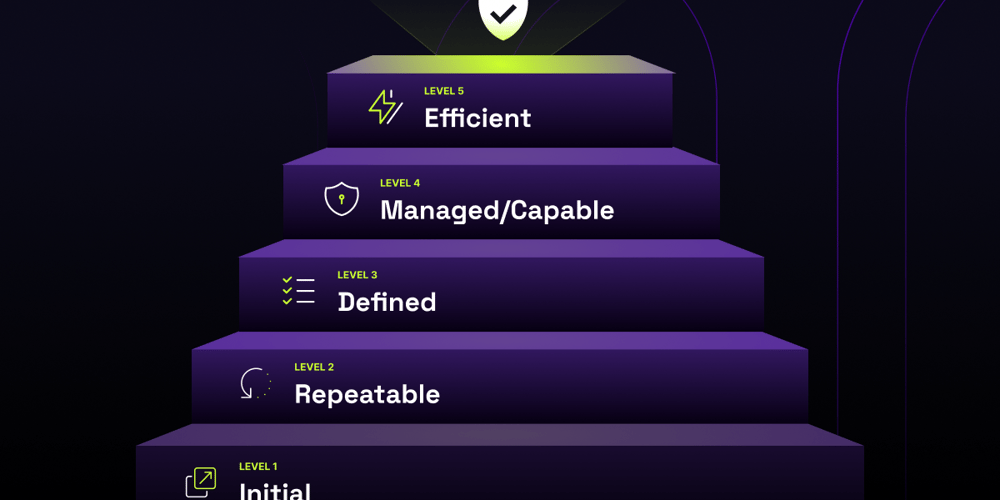My Journey into Coding: How I Started with Python (And You Can Too!)
Hi, myself Olivia Starling from London, UK. I am a writer at Sparky Neon UK. Recently, I have started learning coding, and to my surprise, it’s not as scary as I thought! I decided to begin with Python because it’s one of the easiest programming languages for beginners. If you’re new to coding like me, I’d love to share some tips and tricks that helped me understand it better. Why Python? Python is a great first programming language because: It has simple and readable syntax (it feels like writing English). It is widely used in web development, data science, and even artificial intelligence. It has a massive community, so you’ll always find help online. Tips for Learning Python as a Beginner 1. Start with the Basics Don’t rush into complex coding. Learn basic concepts like variables, loops, and functions first. name = "Olivia" print("Hello, " + name) This small code prints your name. Simple, right? 2. Use Online Platforms Websites like Codecademy, W3Schools, and freeCodeCamp offer interactive coding lessons. I personally found practicing on these sites really helpful. 3. Practice Every Day Just like learning a new language, coding needs daily practice. Even 15-30 minutes a day can make a big difference. 4. Break Down Problems If you find a problem difficult, break it into smaller steps. Solve one step at a time instead of getting overwhelmed. 5. Join a Community Platforms like Reddit, Stack Overflow, and GitHub have beginner-friendly forums where you can ask questions and learn from others. 6. Build Small Projects Start with mini-projects like a calculator or a to-do list. This helps reinforce what you’ve learned. 7. Don’t Fear Mistakes Coding is full of errors! Debugging (finding and fixing errors) is part of the learning process. The more mistakes you make, the more you learn. My Personal Experience I struggled with loops at first, but practicing with small exercises helped me understand how they work. Now, I can easily create a simple program that repeats actions automatically. For example, this loop prints numbers from 1 to 5: for i in range(1, 6): print(i) Once I understood loops, coding started to feel much easier! Final Thoughts If you’re thinking about learning to code, go for it! Start slow, be patient, and enjoy the process. Python is a beginner-friendly language that can open many doors, whether you want to build websites, analyze data, or just have fun with programming. Have you started learning coding? Share your experiences in the comments!
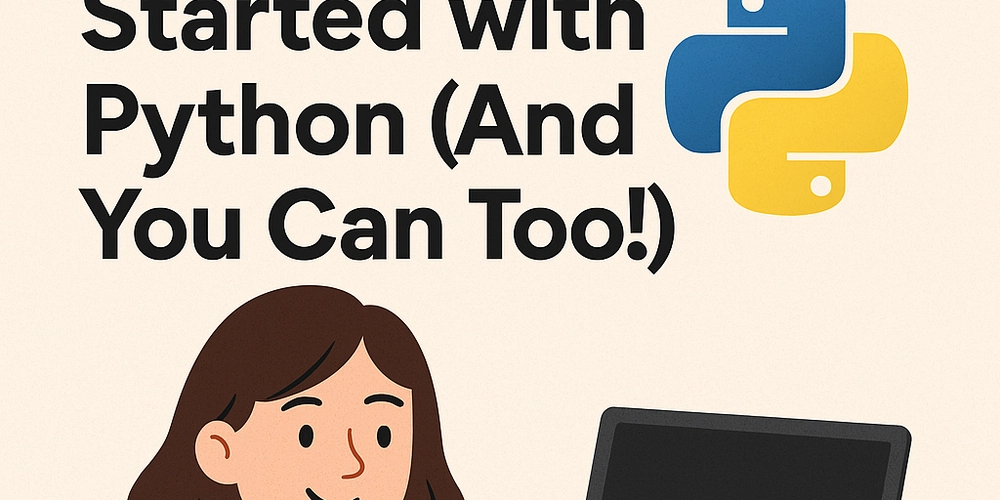
Hi, myself Olivia Starling from London, UK. I am a writer at Sparky Neon UK. Recently, I have started learning coding, and to my surprise, it’s not as scary as I thought! I decided to begin with Python because it’s one of the easiest programming languages for beginners. If you’re new to coding like me, I’d love to share some tips and tricks that helped me understand it better.
Why Python?
Python is a great first programming language because:
It has simple and readable syntax (it feels like writing English).
It is widely used in web development, data science, and even artificial intelligence.
It has a massive community, so you’ll always find help online.
Tips for Learning Python as a Beginner
1. Start with the Basics
Don’t rush into complex coding. Learn basic concepts like variables, loops, and functions first.
name = "Olivia"
print("Hello, " + name)
This small code prints your name. Simple, right?
2. Use Online Platforms
Websites like Codecademy, W3Schools, and freeCodeCamp offer interactive coding lessons. I personally found practicing on these sites really helpful.
3. Practice Every Day
Just like learning a new language, coding needs daily practice. Even 15-30 minutes a day can make a big difference.
4. Break Down Problems
If you find a problem difficult, break it into smaller steps. Solve one step at a time instead of getting overwhelmed.
5. Join a Community
Platforms like Reddit, Stack Overflow, and GitHub have beginner-friendly forums where you can ask questions and learn from others.
6. Build Small Projects
Start with mini-projects like a calculator or a to-do list. This helps reinforce what you’ve learned.
7. Don’t Fear Mistakes
Coding is full of errors! Debugging (finding and fixing errors) is part of the learning process. The more mistakes you make, the more you learn.
My Personal Experience
I struggled with loops at first, but practicing with small exercises helped me understand how they work. Now, I can easily create a simple program that repeats actions automatically.
For example, this loop prints numbers from 1 to 5:
for i in range(1, 6):
print(i)
Once I understood loops, coding started to feel much easier!
Final Thoughts
If you’re thinking about learning to code, go for it! Start slow, be patient, and enjoy the process. Python is a beginner-friendly language that can open many doors, whether you want to build websites, analyze data, or just have fun with programming.
Have you started learning coding? Share your experiences in the comments!









































































































































































![[The AI Show Episode 142]: ChatGPT’s New Image Generator, Studio Ghibli Craze and Backlash, Gemini 2.5, OpenAI Academy, 4o Updates, Vibe Marketing & xAI Acquires X](https://www.marketingaiinstitute.com/hubfs/ep%20142%20cover.png)














































































































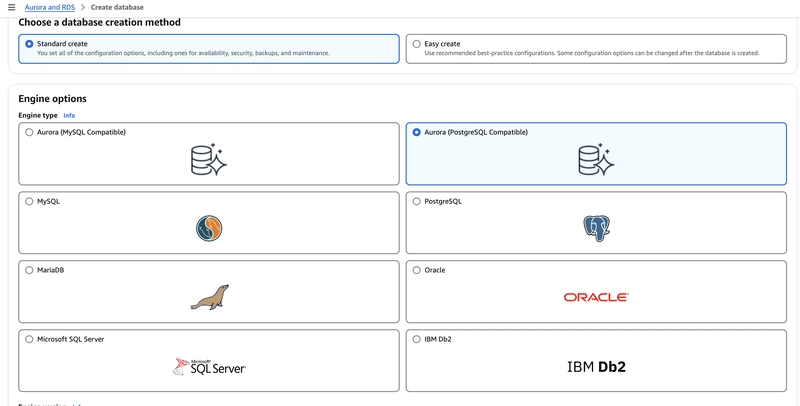

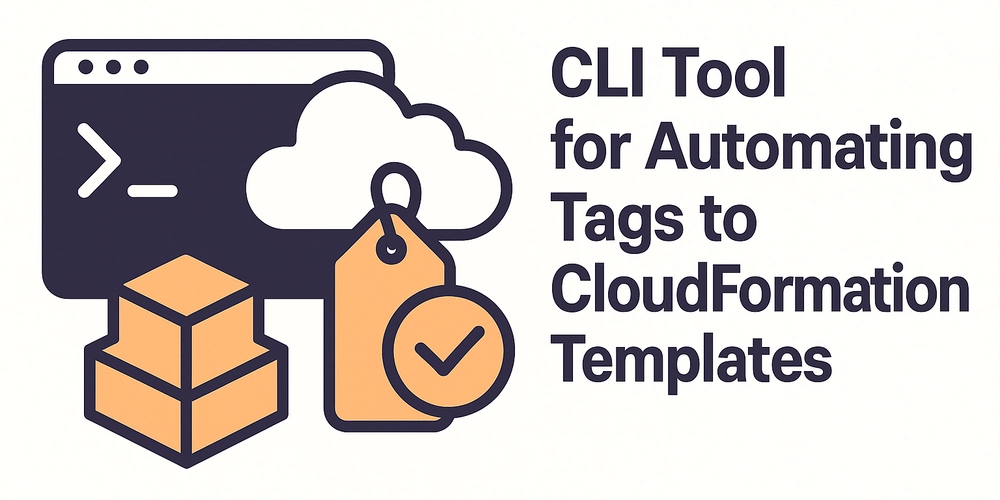










![[FREE EBOOKS] The Kubernetes Bible, The Ultimate Linux Shell Scripting Guide & Four More Best Selling Titles](https://www.javacodegeeks.com/wp-content/uploads/2012/12/jcg-logo.jpg)



![From drop-out to software architect with Jason Lengstorf [Podcast #167]](https://cdn.hashnode.com/res/hashnode/image/upload/v1743796461357/f3d19cd7-e6f5-4d7c-8bfc-eb974bc8da68.png?#)






































































































.png?#)




.jpg?#)
































_Christophe_Coat_Alamy.jpg?#)








































































































![Rapidus in Talks With Apple as It Accelerates Toward 2nm Chip Production [Report]](https://www.iclarified.com/images/news/96937/96937/96937-640.jpg)






































































































































